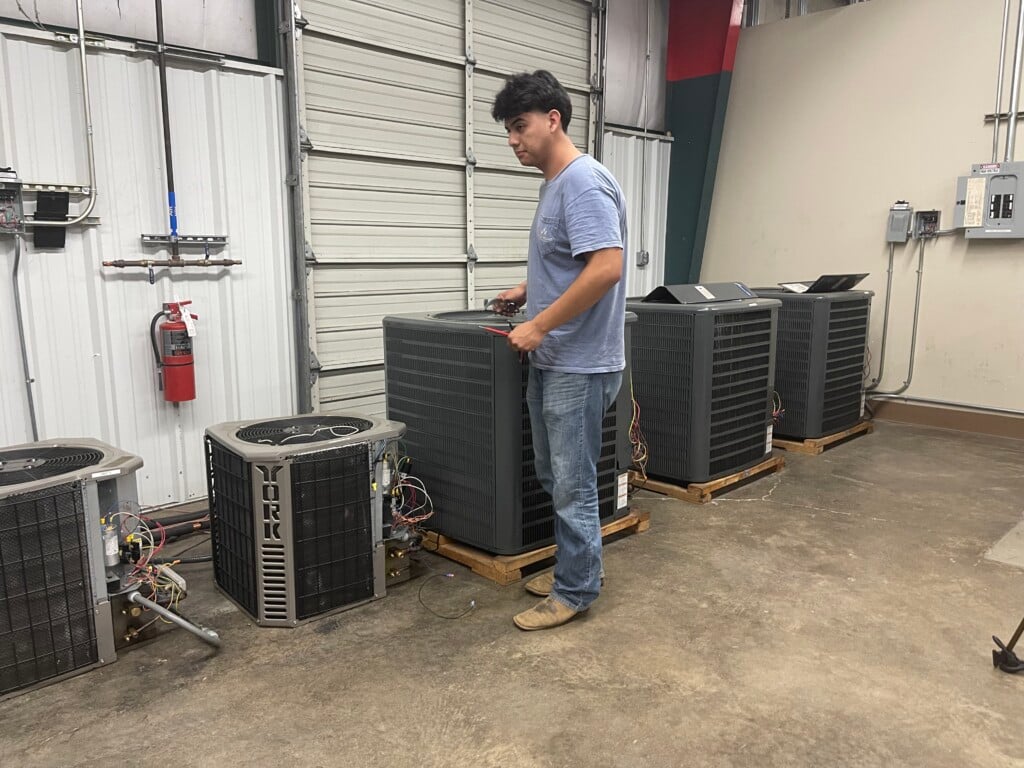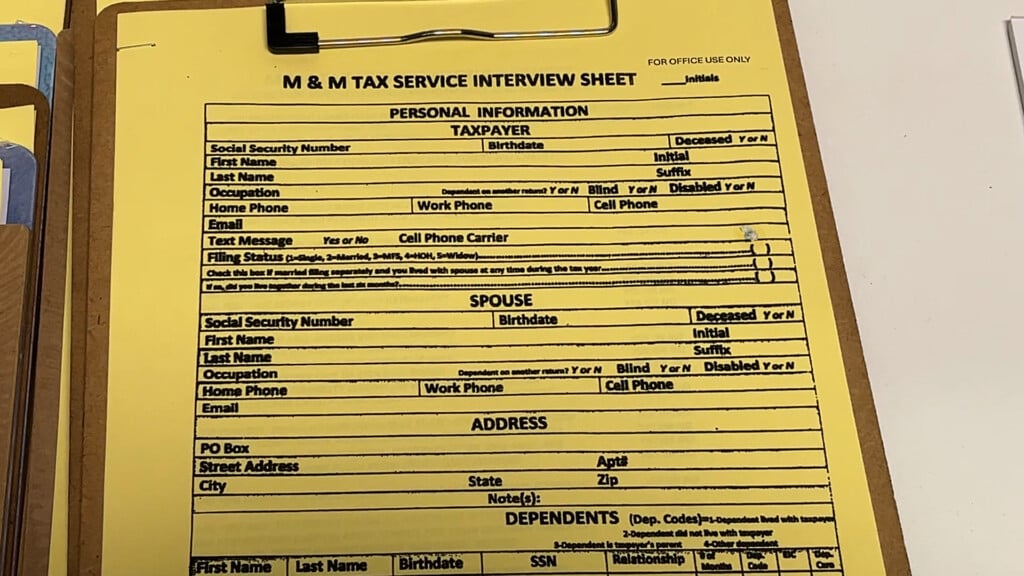‘Sparkplug’ Grant Sessions Set at EMCC, ICC
Appalachian Community Learning Project organizers are recruiting 12 new groups of volunteers to raise their communities’ quality of life by improving economic outlooks and neighborhood assets.
East Mississippi Community College’s Golden Triangle campus will host an ACLP interest session on March 17 at 6:30 p.m., while Ittawamba Community College’s Belden campus will offer an opportunity to learn more on March 18 at 10 a.m.
Communities in the 24 counties located within the Magnolia State’s ARC region are eligible to apply to participate in the 2014 ACLP program. Call 662-344-1184 to register with Sandra Perkins.
Mississippi’s Appalachian Regional Commission, New York state’s The Rensselaerville Institute and Mississippi State University’s John C. Stennis Institute of Government and Community Development lead the ACLP.
Brooksville, Bruce, Columbus, Lamar, Louisville, New Albany, Scooba and Vardaman volunteers, known as “sparkplugs,” participated in the ACLP from July to December 2013.
They created, designed and led results-based projects to make improvements and build their communities’ capacity to do even more, such as expand farmers’ markets, maintain GED programs or organize new recreational activities.
“Participating communities either met or exceeded over 70 percent of the targets they set for themselves,” said Jeremy Murdock, Stennis Institute research associate.
Bruce, New Albany and Vardaman sparkplugs grew or created farmers’ markets, while Columbus and Louisville volunteers developed GED programs, he said. Brooksville groups expanded their recreational programs, while Lamar sparkplugs organized a Little League team. Scooba volunteers developed a walking track.
“Sparkplugs are all regular people, and this program provides the opportunity for these people to really take control, stand up and play a meaningful role in making their communities better,” said Dave Watson-Howell, TRI program director. “Last year in the eight communities participating, more than 1,750 lives were changed, more than $33,000 donated and over 4,400 hours of volunteer time were contributed.”
“It’s not surprising that 70 percent of the participating communities go on to do additional projects that will make further improvements,” he added.
With $3,000 mini-grants from ARC, the sparkplugs implemented specific, results-driven plans tailored to fit their communities’ needs, said Mike Armour, ARC state program director. All they needed to be successful was a little money with plenty of education and leadership.
New Albany sparkplug Mary Jennifer Russell played an important role in expanding her community’s weekly farmers’ market to include folk art and children’s activities once each month, said Joe Fratesi, Stennis Institute project director.
Not only did the market see five times as many attendants during the “Folk Art on the River” Saturdays, vendors more than doubled their sales, and local businesses increased their sales by 24.5 percent, he said. The demand for local art facilitated the opening of an art gallery in the downtown.
“Other communities should definitely participate in the Appalachian Community Learning Project,” Russell said. “There’s a lot to learn, and Stennis will push you to learn more and look at things in a different perspective.”
Sparkplug Jean Harper helped develop and implement Louisville’s “Drop in, Not out” GED program.
Approximately 15 participants earned their GEDs, while 21 completed their high school equivalency through an alternative track, Murdock said. Twenty-two people received job-skills training, and four people passed the Tests of Adult Basic Education, which made them eligible to work at Taylor Machine Works in Louisville.
“ACLP allows you to do hands-on training,” Harper said. “It really gives you a chance to help your community by getting involved with more people, and it shows you that you should always partner with other communities because you learn from others.”
For more information about ACLP, contact Fratesi at 662-325-6797or joe@sig.msstate.edu , or Murdock at 662-325-1658 or jeremy@sig.msstate.edu.





Leave a Reply